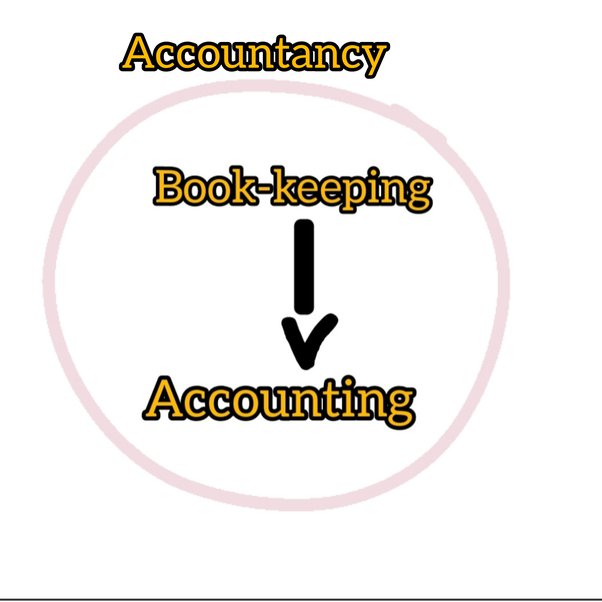Financial Transactions for Freelancers
Financial Transactions for Freelancers in India should diligently record several key financial transactions in their bookkeeping to ensure accurate financial management and compliance with tax regulations.
These financial transactions for freelancers include:
1. Income from Services:
Freelancers should record all the income they earn from providing services to clients. This includes payments received for projects, assignments, consultations, or any other services rendered. Proper documentation of each payment is essential.
2. Business Expenses:
It’s crucial to record all business-related expenses incurred during freelancing activities. This includes expenses such as equipment purchases (like computers or software), office supplies, internet and phone bills, travel expenses, marketing costs, and any other expenses directly related to your freelancing work.
3. Client Invoices:
Freelancers should maintain a record of all invoices issued to clients for services rendered. This helps in tracking payment status and also serves as evidence for the work done.
4. Payment Receipts:
Keeping a record of payment receipts is equally important. This helps in cross-referencing with the invoices issued and ensuring that all payments have been received.
5. Bank Statements:
Regularly updating and reconciling bank statements in your bookkeeping ensures that all income and expenses are accurately recorded and accounted for.
6. Advance Payments:
If clients make advance payments, these should be recorded as well. Advances received but not yet earned should be treated as liabilities until the services are provided.
7. Taxes:
Recording the calculation and set-aside of taxes, such as income tax and Goods and Services Tax (GST) if applicable, is essential. This helps in proper tax planning and compliance.
8. Debtors and Creditors:
Maintain a record of outstanding payments from clients (debtors) and outstanding payments to suppliers or service providers (creditors).
9. Mileage and Travel Expenses:
For freelancers who need to travel for work, maintaining records of mileage and related expenses is important for tax deductions.
10. Home Office Expenses:
If you’re using a portion of your home as an office, recording related expenses like rent, utilities, and maintenance can help you claim deductions.
11. Professional Fees:
If you’re outsourcing certain tasks or seeking professional advice, such as legal or accounting services, record the payments made.
12. Retirement Contributions:
Freelancers should also consider setting aside funds for retirement and recording contributions made to retirement accounts.
By accurately recording these key financial transactions, freelancers can maintain proper bookkeeping, ensure compliance with tax regulations, and have a clear picture of their financial health.
To visit: https://www.mca.gov.in/
For further details access our website: https://vibrantfinserv.com

